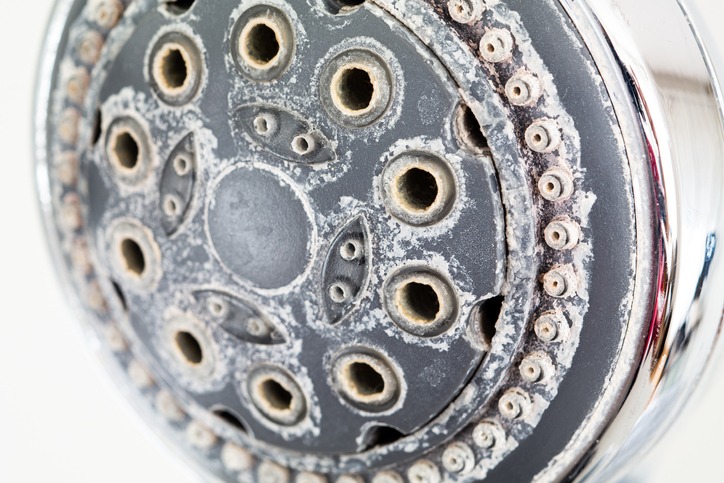If you’re like many homeowners, hard water is a common issue that affects your home. Hard water, which is simply water with higher concentrations of certain minerals in it, can cause build-up on your fixtures and appliances, leaving them looking grimy and less efficient.
It also often leaves deposits on dishes after washing them, making them look dull or dirty. Fortunately, there are simple steps you can take to minimize the effects of hard water in your home. This article will address some of the benefits of softened water and different ways to soften the water in your home.
Read on for tips on how you can deal with this pesky problem!
Identify the signs of hard water in your plumbing
To deal with hard water, it’s important to recognize its signs. If you notice any of the following signs, you may have an issue with hard water.
Soap scum build-up
A commonly reported sign of hard water is a build-up of soap scum. Soap scum is a residual film left even after you wash with water and soap. This film is caused by the interaction between the soap and the minerals in hard water.
Over time, scum will build up on your fixtures and cause them to become dull and discolored. Additionally, soap scum can be difficult to remove and may require the use of harsh chemicals.
Dry skin or scalp
Hard water also causes skin or scalp problems. The extra minerals can strip away natural oils, and leave your skin feeling dry and irritated. Hard water might also cause scalp problems such as dandruff, as it can prevent shampoo from properly cleansing the scalp.
Plumbing problems
Hard water can also lead to plumbing problems such as clogged pipes and decreased water pressure. The minerals can clump with soap and grease to form clogs in pipes. Additionally, the minerals can build up on fixtures and decrease water flow.
Consider installing a water softener system
Here are a few different water softener systems and how they work:
Ion-exchange water softeners
Ion exchange water softeners are one of the most popular water softener types and they’re found in most homes. They exchange the hard water magnesium and calcium ions for the softer potassium or sodium ions. This process effectively removes the hardness from the water, leaving it soft and safe to use.
Salt-based water softeners
Salt-based water softeners have a similar process as ion exchange water softeners. However, instead of exchanging the calcium and magnesium ions for sodium or potassium ions, they remove them from the water completely. This leaves the water safe to use but also adds salt to the water, which some people may not prefer.
Magnetic water softeners
Magnetic water softeners use magnets to separate the calcium and magnesium particles while they are in the water. Magnetic water softeners aren’t as widely used as ion exchange or salt softeners since they are a newer technology. They are also not as permanent a solution as the other two.
Electronic water softeners
Electronic water softeners use an electrical current to change the structure of the calcium and magnesium particles in hard water. This change prevents the ions from being able to bond with each other, effectively preventing them from causing hardness.
Like magnetic water softeners, electronic water softeners are a newer technology and aren’t as widely used as ion exchange or salt softeners.
Install a filter to prevent scale build up in your pipes and appliances
When it comes to preventing scale build up in your plumbing pipes and appliances, it is important to invest in a quality water filter. Not only does this help maintain the efficiency of your home’s fixtures and appliances, but it can also be beneficial for the lifespan of your plumbing.
Plus, depending on which type of filter you choose, it can make sure that your family is getting clean and safe drinking water. Installing a filter can help lengthen the lifetime of your pipes and appliances while providing peace of mind that what you are drinking adheres to safety standards.
Conclusion – How to deal with hard water in your home
After reading the pros and cons of hard and soft water, it’s clear that both have their strengths and weaknesses. An important consideration to make if you are debating between using one type over the other is whether or not your plumbing or appliances can handle either water type. Generally speaking that is when it pays to hire a professional.
Ultimately, the best decision depends on balancing the efficacy and cost of installation with convenience and safety, as well as any other potential benefits. Investing a bit of money in getting an expert opinion may be all it takes to save yourself more money, time, and hassle down the line in terms of costly repairs.
If you’re still unsure about which option is right for your home or business, don’t hesitate to reach out to a professional for assistance.

